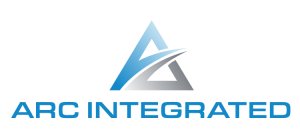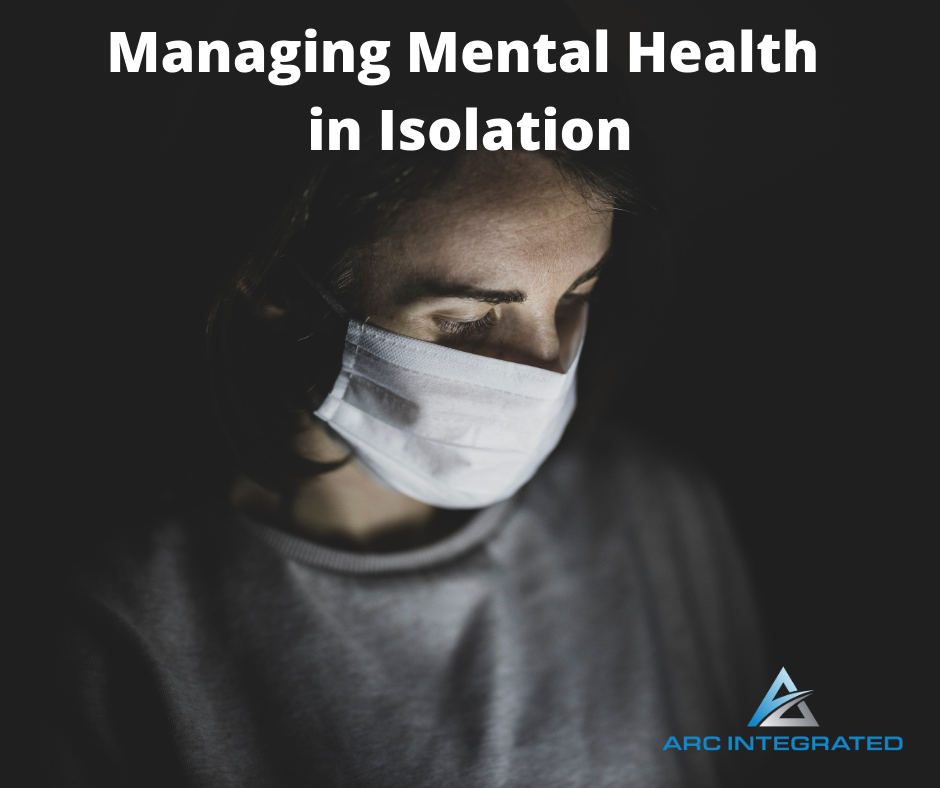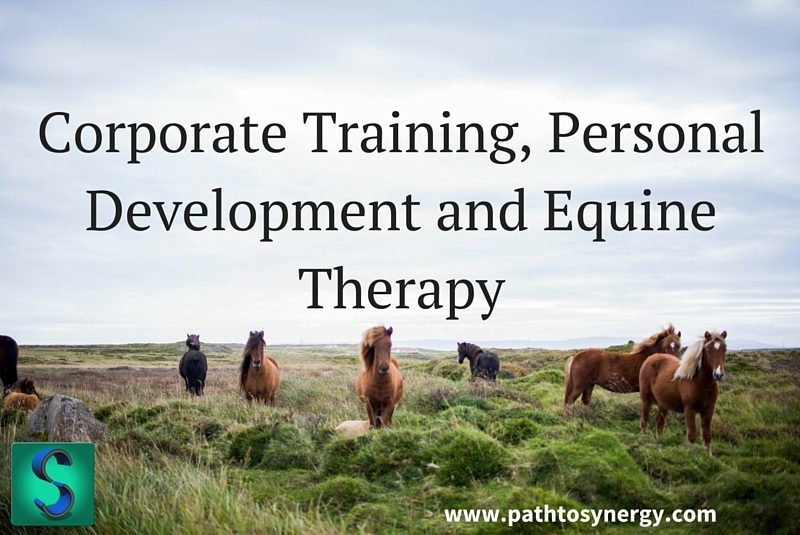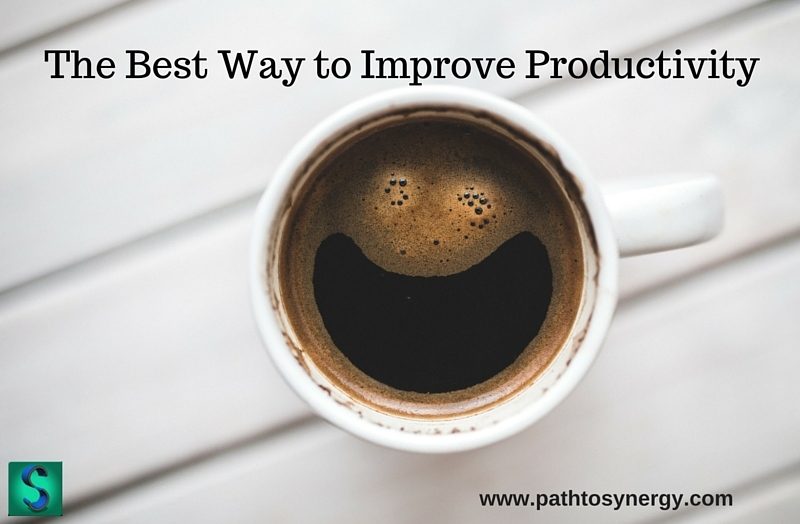How to Find Out Your Style of Leadership

A topic that has been coming up regularly at Arc Integrated is how exactly to find out what kind of leadership style fits you best. There are a lot of styles out there and we often get stuck with the question “how do we choose the right one?”
Today, I will be going over some of the best ways in which you can answer that question so if that is of interest to you continue reading below!
Tip #1: Know What Works
The reality is, of all the leadership styles out there, there are some styles that will work for you, and others that won’t. What we know from over the course of four decades is that regardless of geography, industry, or even the size of your company, the teams that have the most psychological safety, are the teams that perform at the highest level.
Therefore, if we know this to be the case, then the leadership style we should be embracing is the one that yields the best psychologically safe conditions for the team environment. By psychologically safe, we are referring to the idea that all employees and members of a team or organization can have their ideas seen, heard, and felt with absolute comfort.
Tip #2: Evaluate Options & Study
I am going to go over four different styles that I think are important to take a look at. While definitions may vary, there are links to thought leaders in each of these areas for more study, if you’d like to pursue. If you are a leader, I encourage you to look these over and notice the nuances of each of these approaches:
- Conscious Leadership – This type of leadership is a style of self-awareness where the objective is to build a culture of “we” instead of “me”
- Servant Leadership – This style of leadership puts emphasis on the team’s growth and well-being rather than on the leader themselves or the organization as a whole
- Situational Leadership – This style of leadership revolves around matching behaviors with the performance needs of the individual/group
- Authentic Leadership – This style of leadership inspires others around them by creating meaningful relationships and garnering high levels of trust
The best way in which you can figure out which leadership style works and what doesn’t is by testing the behaviors out individually and seeing the results.
Tip #3: Ask Yourself Strategic Questions
Another core element that we know about good leadership is that self-awareness and leadership are always linked. It’s impossible to become an excellent leader without having some degree of self-awareness. So, how exactly do we become better at self-awareness? My tip is to improve on the questions that you ask yourself.
Here are some examples of questions to ask yourself for improved self-awareness:
- How am I motivated?
- How do I aspire to inspire others?
- How are others motivated?
- What are my strengths as a communicator?
- How do I hold people accountable?
- What are some of my “blind spots”?
These strategic questions can be helpful in navigating what kind of style we have as a leader.
Tip #4: Find Yourself a Leadership Coach
There are many resources out there in regards to leadership coaches, and we certainly do a lot of this at Arc Integrated. Here at our firm, we provide executive coaching for leaders that want to improve their ability to motivate, inspire and create high levels of engagement within their teams and organizations.
The biggest question that we often hear, however, is “how exactly do I find the right coach”? In my book CHANGES – The Busy Professional’s Guide to Reducing Stress, Accomplishing Goals, and Mastering Adaptability, I have devoted an entire section (part two) on how to find the right helping professional. There are about four chapters in that section that teach you how to find different professionals and in this case a leadership coach.
Tip #5: Be Flexible
The best leaders that we have personally worked with are those that are able to be flexible based on a number of factors. These factors can include:
- The culture they are in
- Who is in front of them
- The task at hand
- Familiarity with the individuals or task
This flexibility translates especially well when you are dealing with your style of leadership. It is important that we learn to be as flexible as possible as we navigate through our own path on finding our personal leadership style.
If you enjoyed this post and would like to watch the in-depth video version of 5 Ways Leaders Can Find Their Leadership Style, click here.
Additionally, if you have an interest in finding out your leadership style you are more than welcome to take our leadership quiz. The quiz takes about two minutes and you can receive immediate feedback from us!
As usual, schedule a time to connect if you have any questions.
Be well,
Michael
Resources:
- Blog Post: How to Effectively Have Difficult Conversations as a Leader
- Blog Post: How to Support a Diverse Group of Leaders in Their Own Leadership Development
- Video: 5 Ways Leaders Can Support Employee Goals








